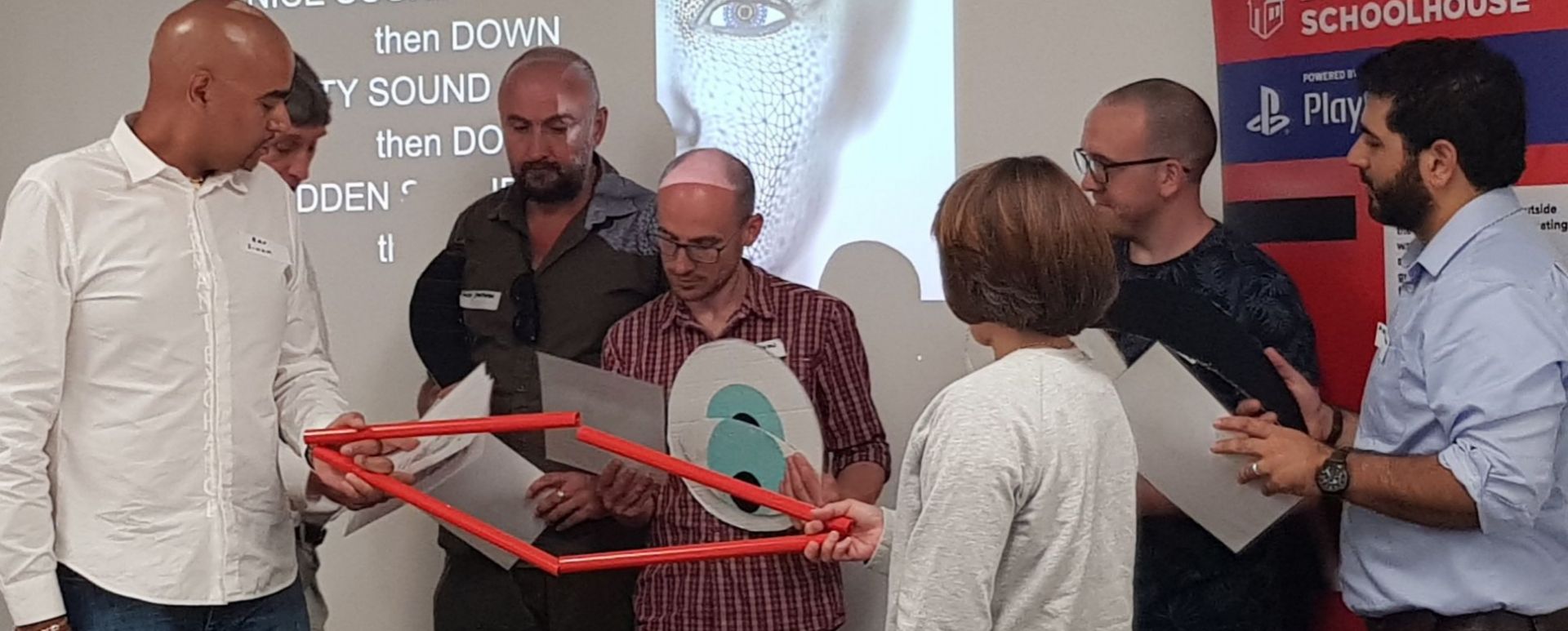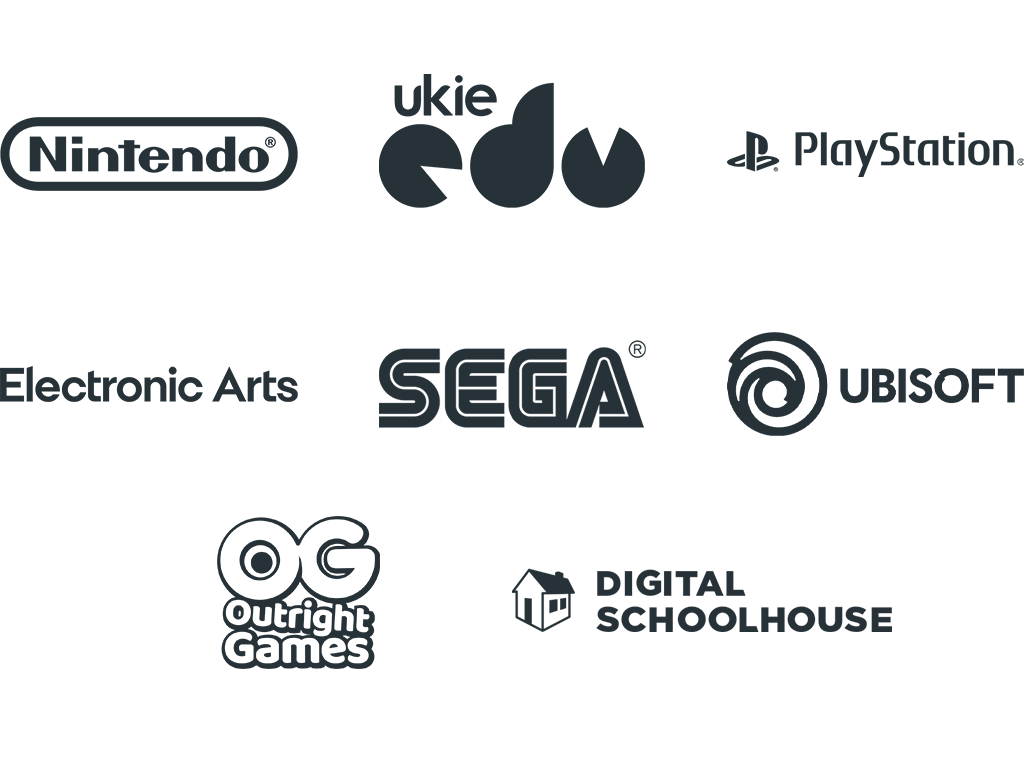
Diary of a Lead Teacher: Animating environmentalists
So we’ve come to the end of the first half term…where did all that time go?! As I get to work on the long half term holiday to do list, I am most excited about planning for our new STEM club. Along with our secondary school, we will be running weekly sessions focusing on how science, technology, engineering and mathematics can work together. And, of course, computing comes into this in a big way. Our big focus is on skills development in these areas, in particular, working scientifically and computational thinking.
My regular club every year is ballet, and I always look forward to teaching children their first ballet steps and prepping for our big performances in March. However, this STEM club is really getting my creative juices flowing as it is a really unique opportunity to go deeper into technological learning and develop skills that are so relevant to the future of our children and young people. I also thought, what better what to try out some Digital Schoolhouse unplugged-inspired activities!
As I start to plan, I also start to realise that the age range of the children is huge! From Reception to Year 4 (who are currently our eldest), careful consideration is needed for how to approach these sessions, as with all after-school clubs, the focus is predominantly an enjoyable and engaging activity. This is where Digital Schoolhouse’s fantastic ‘unplugged’ approaches can come in, giving children a unique way in which to understand and utilise skills involved in a complex concept.
The planning of the STEM after-school club will be done in the same way as my day-to-day planning. Working from a focus or a purpose, but not always a defined product, I design lessons backwards in order to determine what learning needs to take place and how. And of course, there always has to be a why. The intention/relevance of a learning experience is as important as the learning itself. Children have the opportunity not only to work on a particular skill but shape a context in which it can work and begin to see in what other ways these skills can be applied.
Following the overarching theme of our first science week at Prendergast Primary, I am keen to delve deeper into recycling and environmental awareness.
Concept cartoons are fantastic ways for children to demonstrate a clear understanding of learning, and also a great opportunity to start thinking about algorithms and coding. Children of this age really benefit from a narrative to reinforce understanding but also to maintain interest and improve vital communication skills.
Inspired by the face animation that was demonstrated at the DSH Lead Teacher training, the children will physicalise the process of recycling using puppets, props and simple coding instruction cards as the first stages of coding an animation and conversation. This will build to unpicking the instructions, ensuring they link to the process of recycling, and then composing instructions that can be used as algorithms.
So much richness already, and that’s only the technology side of it!

